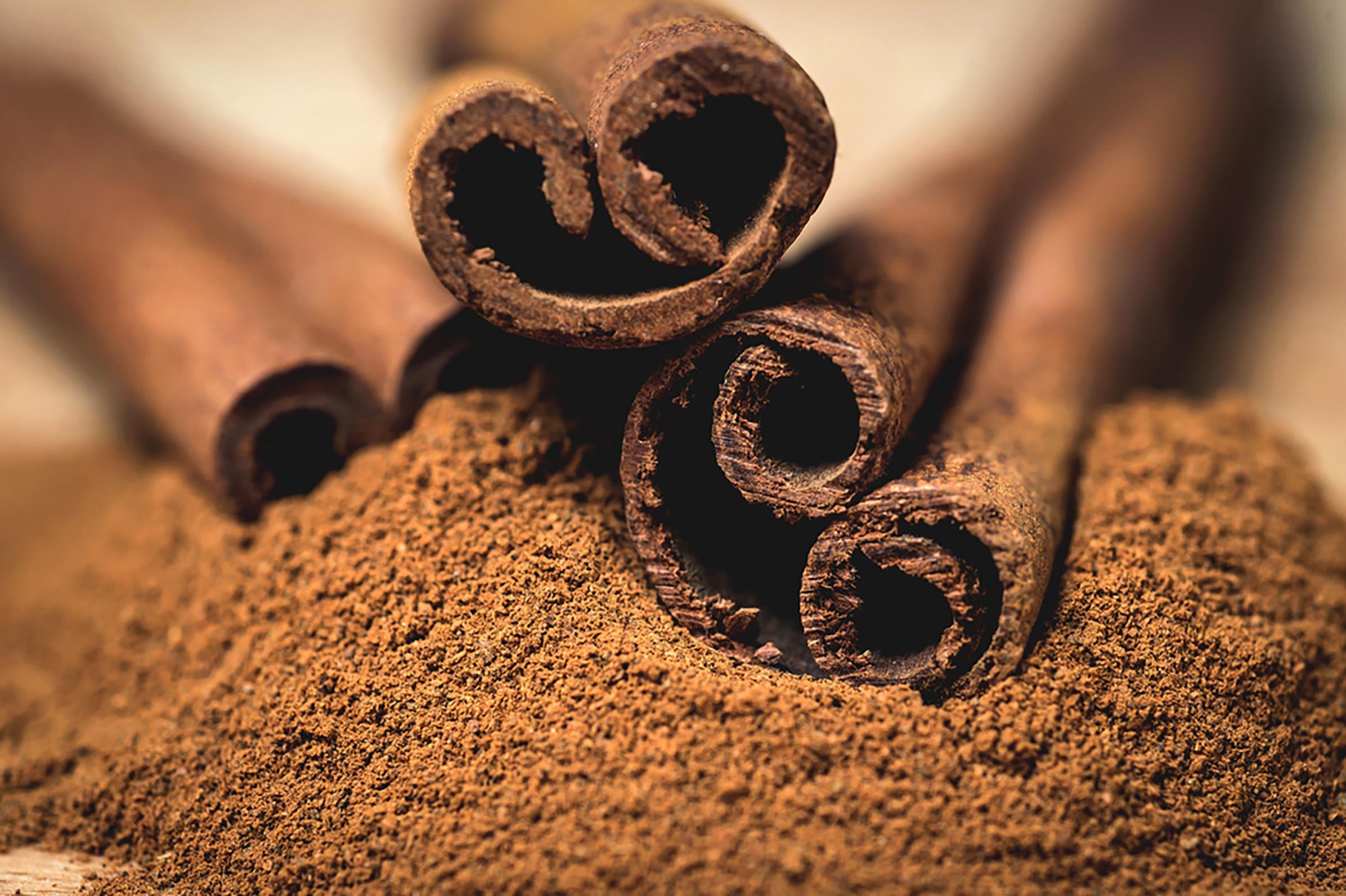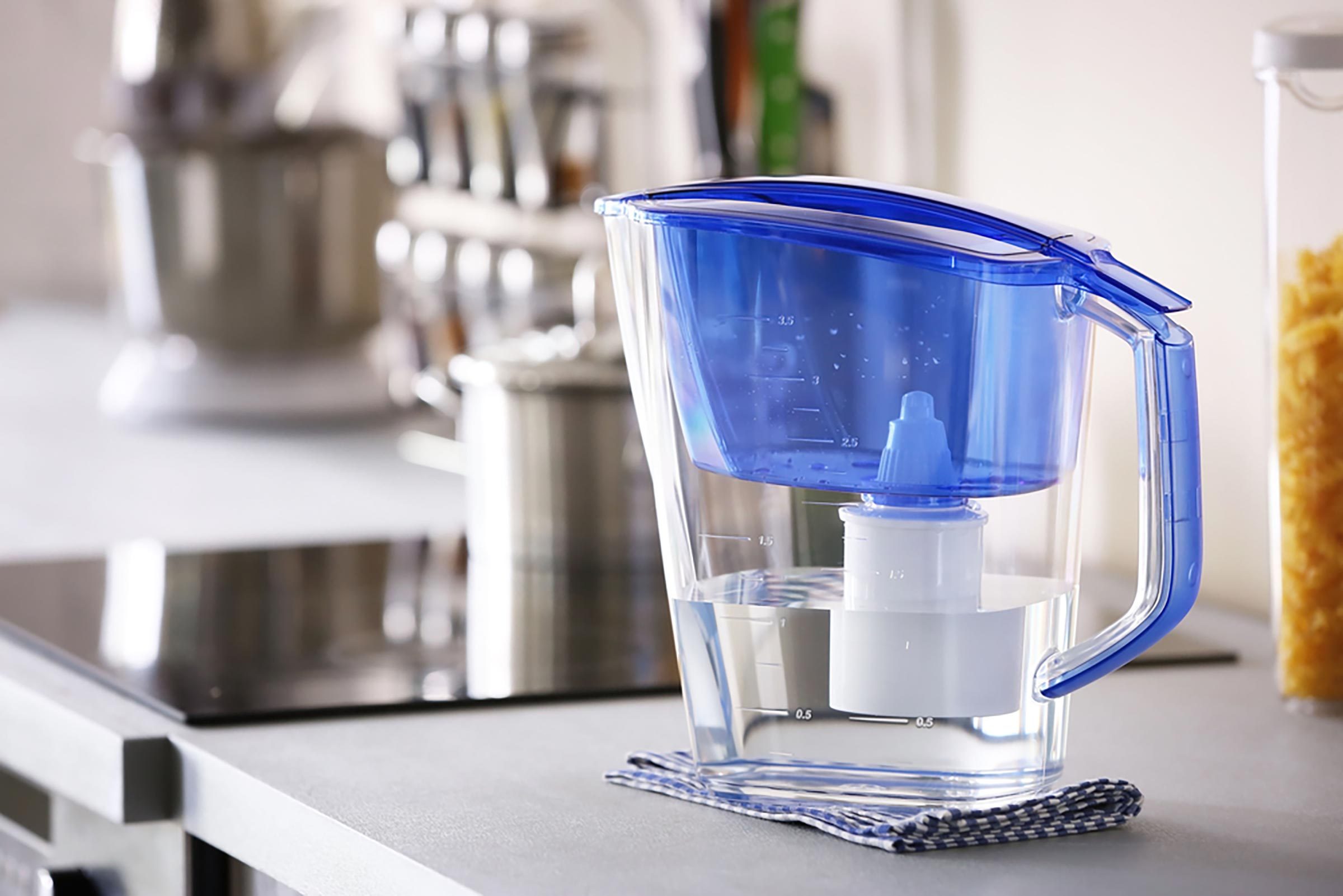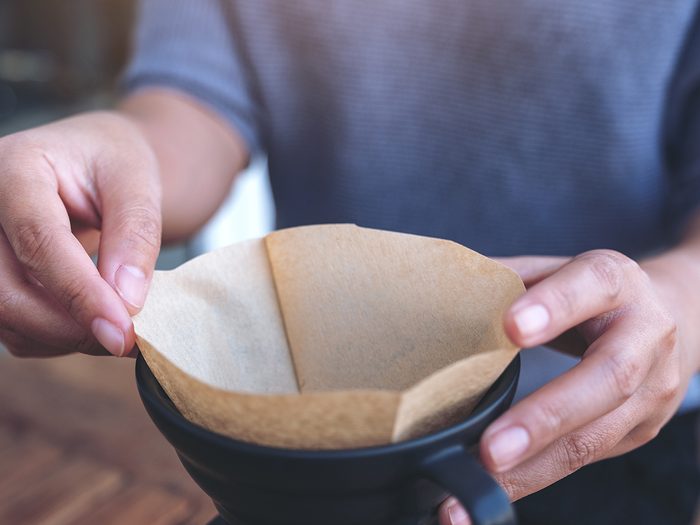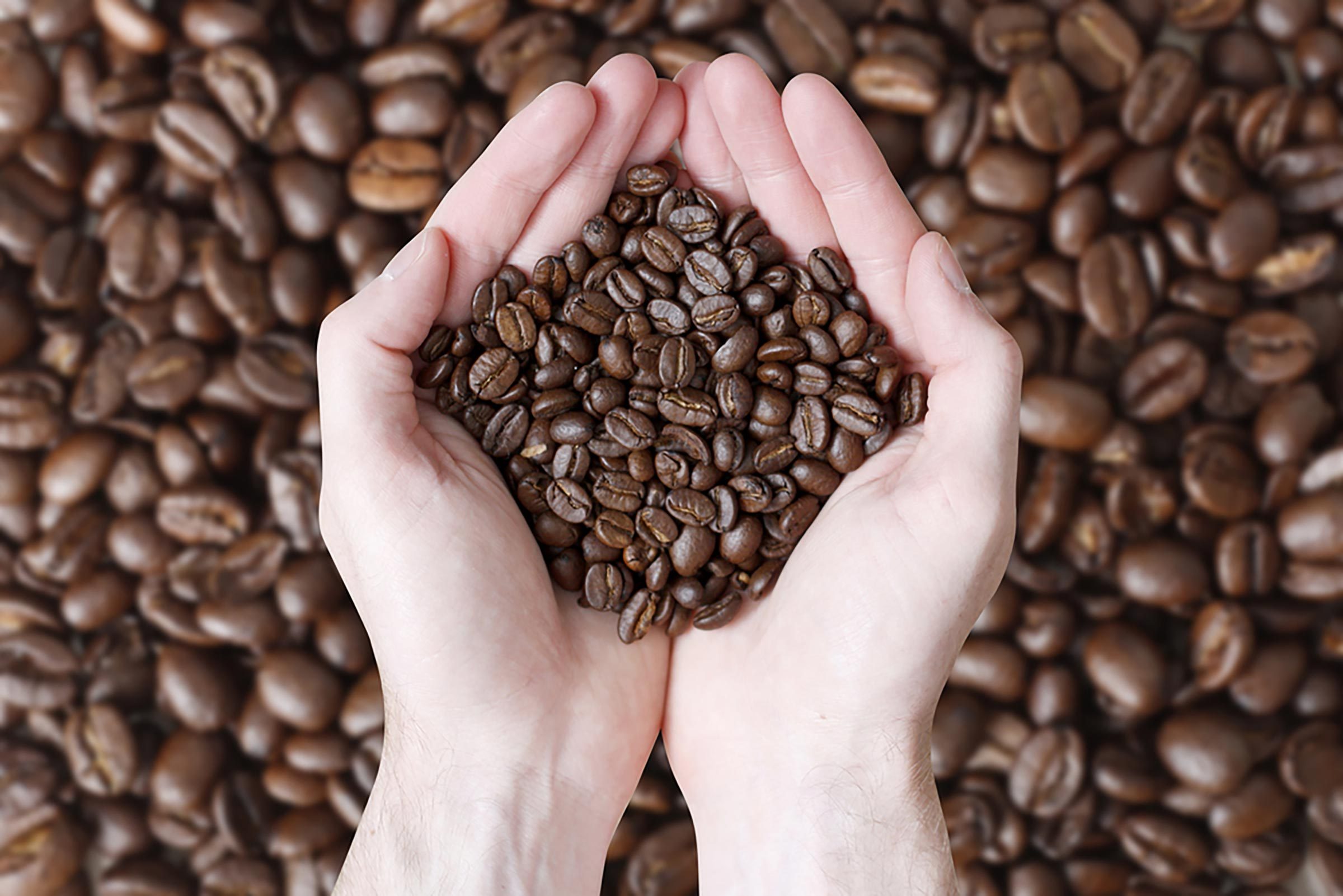
How to make your coffee healthy
Your daily coffee break may not be as bad for your health as you might think. But that doesn’t mean you can’t make it even better for you. Check out how to make your coffee habit a bit healthier—especially if you drink it every day.

Don’t have coffee—and only coffee—for breakfast
So, you’re running late for work and you manage to guzzle down a morning cup of coffee before heading into your first meeting. Fast forward to mid-day and your stomach is growling and you realize that—whoops!—you completely forgot to eat breakfast and now it’s past lunchtime. Though drinking coffee is healthy, registered dietitian Adina Pearson, says that because coffee can suppress your appetite and is a stimulant, some people use it as a meal replacement.
“Coffee’s stimulant properties may mask the fact you’re under-eating, but it’s only temporary. Good self-care means eating enough—not just being buzzed. You can’t run on caffeine you need food—carbs, protein, fat, vitamins and minerals, and fibre—for overall health.”

Figure out if you really like coffee
Do you remember the first time you had a cup of coffee? More likely than not, you were in college and cramming for a final and your roommate suggested brewing up a batch. It might have been love at first sip, or you could have stomached your way through it, hoping it’d help you ace your test. Either way, now that you’re older (and hopefully, wiser), Pearson says to make sure you actually like it or if you’re drinking coffee daily as a quick fix to your poor sleep habits.
“Coffee is a pick-me-up, but working toward a normal sleep pattern will make life much better than caffeine. If you’re using coffee to survive on inadequate sleep, your body and mind are still tired and you’ll still not be at your best physically and mentally,” she explains. “Chronic inadequate sleep raises stress hormones and contributes to a lot of health problems.”
Check out the potential medical reasons you’re tired all the time.

Top it off with cinnamon
If Starbucks is your favourite coffee house, then you’ve likely seen the cinnamon on the milk counter when you go to top off your brew. Next time, take advantage and give your health a boost. Bridget Swinney, RD, founder of EatRightMama.com, says that cinnamon can make your beverage even better for you, thanks to its antioxidant properties, not to mention a slew of other benefits.
“Cinnamon has been shown to lower blood sugar in many clinical studies. Adding spices add antioxidants and sweetness without calories, helping to cut back on the sugar you might add to coffee,” she explains.
Discover more coffee sweeteners (that aren’t sugar).

Use filtered water only
You might think that since we boil water to brew coffee, you don’t have to worry whether it’s filtered. But Swinney says filtered water is a smart choice, if not for taste, then for health. “Filtered water ensures there are not any unwanted heavy metals like lead or copper, that might be found in old pipes. Tap water also contains many chlorine disinfection byproducts which can be harmful long term,” she says. “You should also avoid using well water unless it’s been tested for contaminants.”
Here’s what it means if you find white flakes in your water.

Give pod coffee a pass
In addition to being pretty terrible for the environment, Ken Immer, president and chief culinary officer at Culinary Health Solutions says pod coffee makers also pose some potential health issues. Not only do you expose yourself to plastic that’s been heated, but pod coffee makers tend to get dirty, fast. “The water tanks in a [pod coffee maker] can never truly be flushed and cleaned. We are concerned about mould and bacteria growth in these tanks over time, much like commercial ice machines,” Immer says.
Eliminate more potential hazards with our healthy home checklist.

Always use paper filters
According to registered dietitian nutritionist Jill Weisenberger, one of the easiest ways to make sure your coffee is brewed in a healthy way is to consider how you’re filtering it. Those reusable filters might be tempting (and sure, provide less waste), but using recyclable paper filters has an added bonus for your nutrition. “Filtering coffee with paper removes two compounds, cafestol and kahweol, that raise both total and LDL cholesterol levels,” she explains.
Find out the best time of day to drink coffee.

Consider your conscience
If you consider the “health” of your coffee as more than just what you’re putting in your body, but also how your coffee beans are grown, picked, and get to you, Swinney suggests you’re taking your coffee habit to a more beneficial level—not only for yourself, but for the world. “Drink clean and with a conscience. Choose fair-trade or coffee with other certifications that help third-world farmers improve their living conditions. Give some thought to the packaging involved in single-serve coffee—it requires much more packaging and contains a larger carbon footprint for getting to the store.”
Ready to take your daily brew to the next level? Get to know the best coffee roasters across Canada.

Skip syrups and go organic
You might think that nonfat, sugar-free vanilla syrup is a healthy choice, but low-calorie doesn’t always translate to health benefits. Swinney suggests weaning yourself off sweeteners completely if possible; if you can’t, be super picky about the additives you’re putting into your brew. “Pick organic cream to whiten your coffee or make your own packaging-free alternative milk from oats or nuts. Creamers often have artificial flavours, sweeteners, and other additives, so you’re better off using organic milk or cream plus organic brown sugar,” she says.
Next, find out what your daily dose of caffeine does to your body.